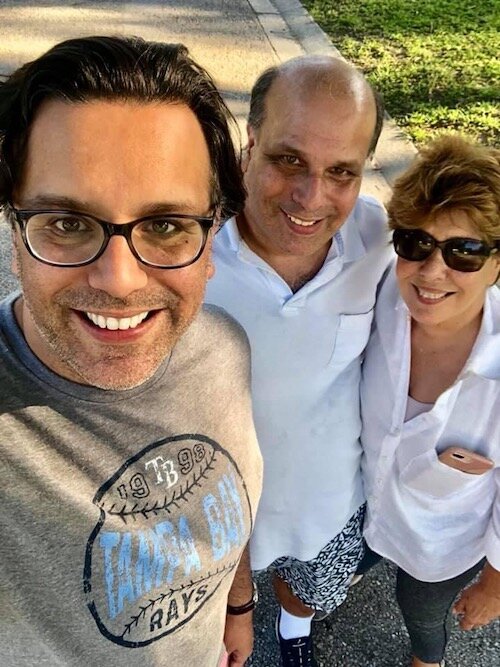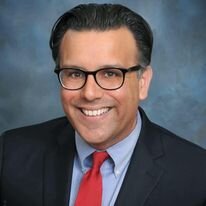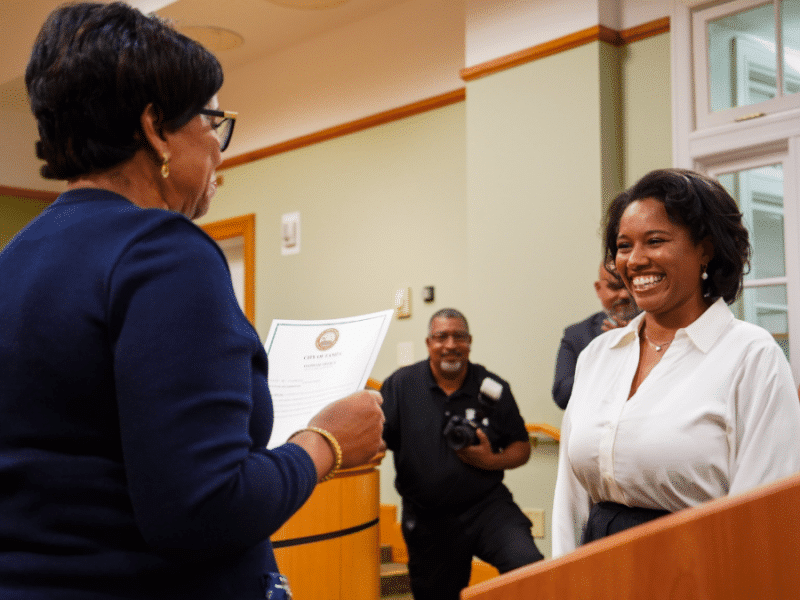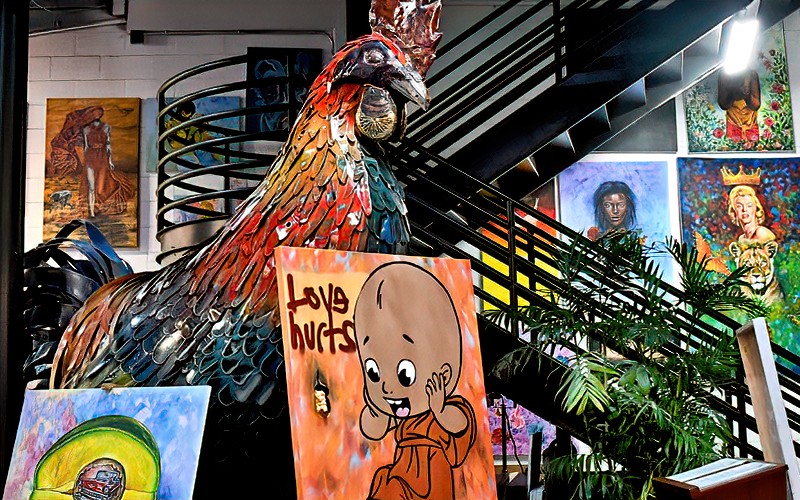Commentary: Autism awareness matters every month, not just in April
While the City of Tampa and other communities have made progress in solving equity issues facing people with Autism and other health challenges, we have a long way to go as a society. Read more in this Commentary by Luis Viera.
Tampa has made great progress on awareness of not only Autism but all developmental disabilities.
To me, no issue is more personal: My oldest brother, Juan, is developmentally disabled. Growing up for me meant going to the Special Olympics to see Juan swim and to special education ministries at church that provided critical family support. But it also meant seeing my parents struggle with an often cruel society that did not value them as parents, or respect Juan as a person.
One of the main reasons I ran for office in 2016 was to champion a better culture of respect for people like Juan.
Thankfully, the Tampa government has been marching in the right step on this issue. Thanks to the leadership of former Mayor Bob Buckhorn, Tampa began its Autism Friendly City program in 2017. Administration initiatives included a special needs registry with first responders; an Adaptive and Inclusive Recreation program for parks; and the Park Experiences Stories program which educates special needs families on what to expect at parks.
A special needs “all abilities park” in New Tampa was earmarked in the Fiscal Year 2018 budget for design and was fully funded in the Fiscal Year 2021 budget. And Mayor Jane Castor’s $18 million recreation and parks expansion for East Tampa will also include “all abilities parks” improvements.
Programs like this make a worthy gesture to an isolated population.
Raising a special needs child is not easy. Parental hopes are often overwhelmed by a diagnosis. Many parents have been told, as my own mother was told by her doctor when she had Juan in 1971, to forget that they had their child, put them in an institution, and move forward with their unblemished lives.
Culturally, that stigma still exists. It exists in the cultural shame some parents are made to feel because of their child. It exists in the economic burdens our special needs families carry. It exists in legislative bodies that prioritize tax breaks for the affluent over improvements in programs like Medicaid Waiver. And it exists in a popular culture that still uses disabilities as a source to derive inappropriate and shameful humor.
We have done wonders as a City on this issue, but still have miles to go.
Let’s close equity gaps
Employment is key. We should assure that all City departments employ people with intellectual disabilities and that City contractors similarly are encouraged to employ this population. A majority of adults with intellectual disabilities are unemployed or underemployed. We also need to encourage more transition centers, like Autism Shifts and MacDonald Training Center, that provide vocational support after high school.
Training is key. We should build on Autism Friendly City initiatives and continue to train all employees, including first responders, on recognizing the unique needs of this population. Implicit bias training for all City employees should include robust narratives for special needs.
Mass transit is key. Through a replacement penny sales tax for All for Transportation (AFT), we can assure that robust investments in special needs transportation services occur. The loss of this penny sales tax is a blow to all vulnerable communities, but especially those with special needs.
Accessibility is key. All City parks and recreation facilities should be equipped with equipment that is accessible to all with special needs — from those with Autism to the child with cerebral palsy or an intellectual disability.
Research is key. We should highlight the role that our engines of research in the University of South Florida play and work for a better understanding of the neurobiology of Autism and developmental challenges as well as improving cognitive interventions.
It really does take a village
And local officials have to be vocal allies with parents on state and federal issues- allies on Medicaid expansion; allies on opposing federal efforts to block grant Medicaid; and allies for a more humane Social Security Disability system.
To this day, when I see a parent of a child with special needs, I always have an emotional response. I want to talk with them, tell them about my family’s journey, and sometimes I get teary-eyed. This is an emotional response created from my history in seeing my parents raise Juan and, to this day, seeing my 72-year-old mother caring for a 49-year-old man with the mind of a 4-year-old.
It comes from seeing so many parents — from affluent professionals to those struggling in poverty — care for their grown children and make plans for the day when they will not be alive to assume care. I have seen these families take life’s worst hits and keep moving forward, and I want to continue to see my community build bridges for them.
Luis Viera is a Tampa City Council member representing District 7 in North Tampa. A 2000 graduate of the University of South Florida and a 2003 graduate of Stetson College of Law, he was admitted to the Florida Bar in 2003 and practices in the area of insurance defense litigation with the Pennington law firm.














